Paula Farias: "For us, the challenge is to force the EU to fulfil its legal and moral duty and to, once again, launch rescue operations"
We have talked with Paula Farias, Operational Manager for the Mediterranean for MSF, about the present refugee crisis and the role that NGOs are playing in it.
How would you describe the present situation in only one sentence?
In 2015, almost 4,000 people lost their lives at sea trying to reach Europe and in the first 5 months of 2016 the toll is 2,800. The figures are self-explanatory of how outrageous it is to watch people dying while our politicians are doing nothing about it.
What is the role of MSF in this refugee crisis?
Unfortunately, our role is to cover the gap left by the European Union when it decided to end the Mare Nostrum operation in November 2014. They knew that by ending that operation that rescued 100,000 people in 2014 alone would lead to a loss of many human lives. And yet, almost 7,000 deaths later, they still won’t reconsider their decision.
What are the challenges facing NGOs working with refugees?
For us, the challenge is to avoid the loss of more human lives in the Mediterranean Sea and to force the EU to fulfil its legal and moral duty and to, once again, launch rescue operations.
Is there anything that European citizens can do to help? Has volunteering a role in these sort of crisis?
With such complex crises like this one, good will, per se, is not enough. We must have professionals with a commitment and the knowledge on the situations they will be encountering. We don’t work with volunteers so we don’t know what people travelling to volunteer can do. What we do fear is that too many people with good will show up and that due to a lack of coordination they may obstruct the tasks to be done.
How do you think the situation will evolve over the coming months?
Badly; very badly, since the EU is determined not to launch a rescue and salvage mission and to just watch how thousands of people drown in the Mediterranean without doing almost anything. Also, right now there are still no safe passage route, forcing migrants and refugees to risk their lives along routes that are becoming more and more difficult and dangerous. The true beneficiaries of the EU’s inhuman policies are people traffickers. Thanks to the lack of vision of our politicians, who seem to be more concerned about securing and closing borders, these unscrupulous people are just doing more business.
Is there any real solution to end with this crisis?
Since the solutions to end wars, violence or situations of extreme poverty are not always in our hands or are difficult to implement, the first thing Europe should do is to recognize the rights of all these fleeing people, make it easy for them to seek asylum, clearly study their applications and stop them from downing in the sea by establishing a rescue and salvage mission. In addition, they should ensure that those arriving in Europe are given adequate reception conditions.
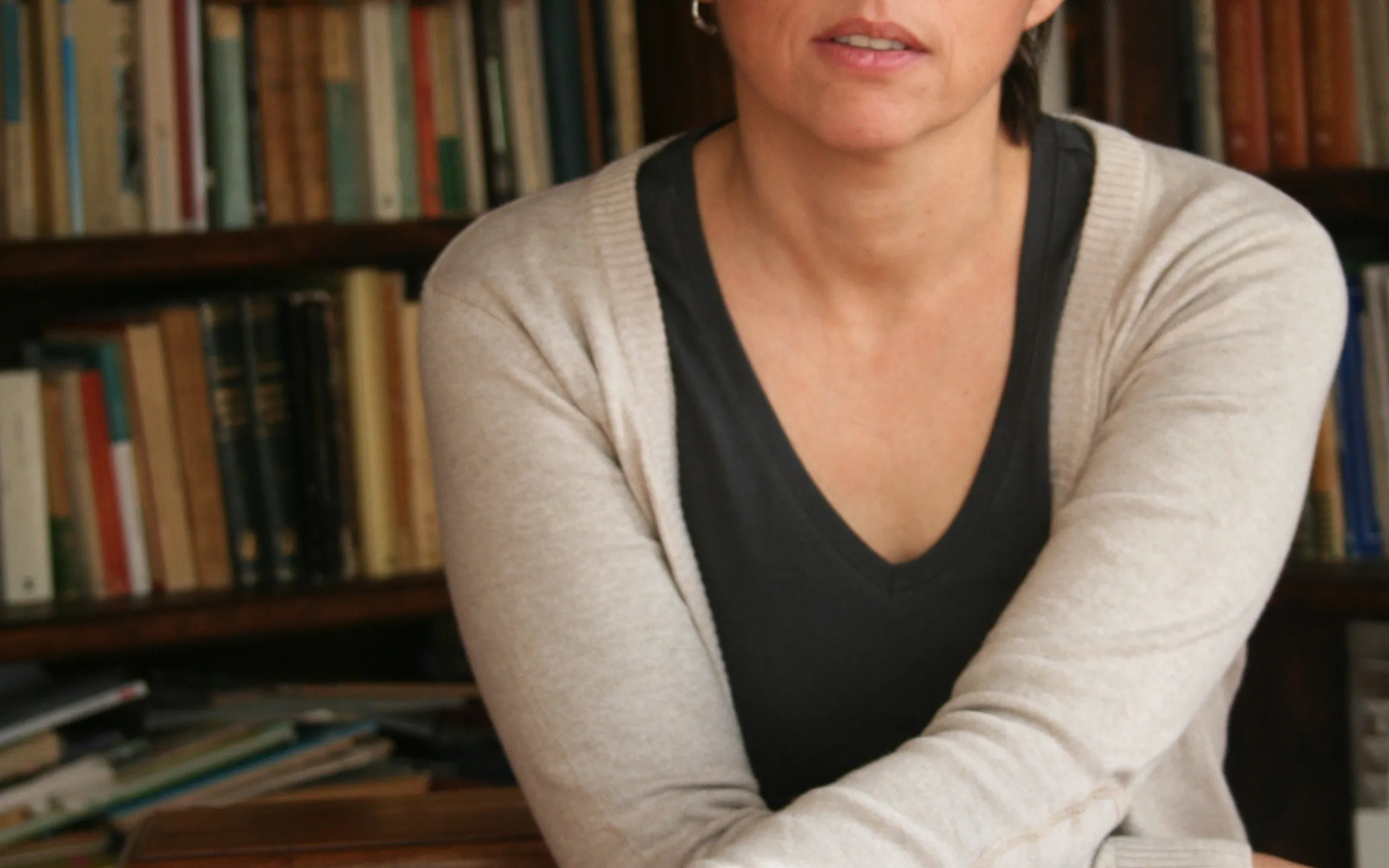
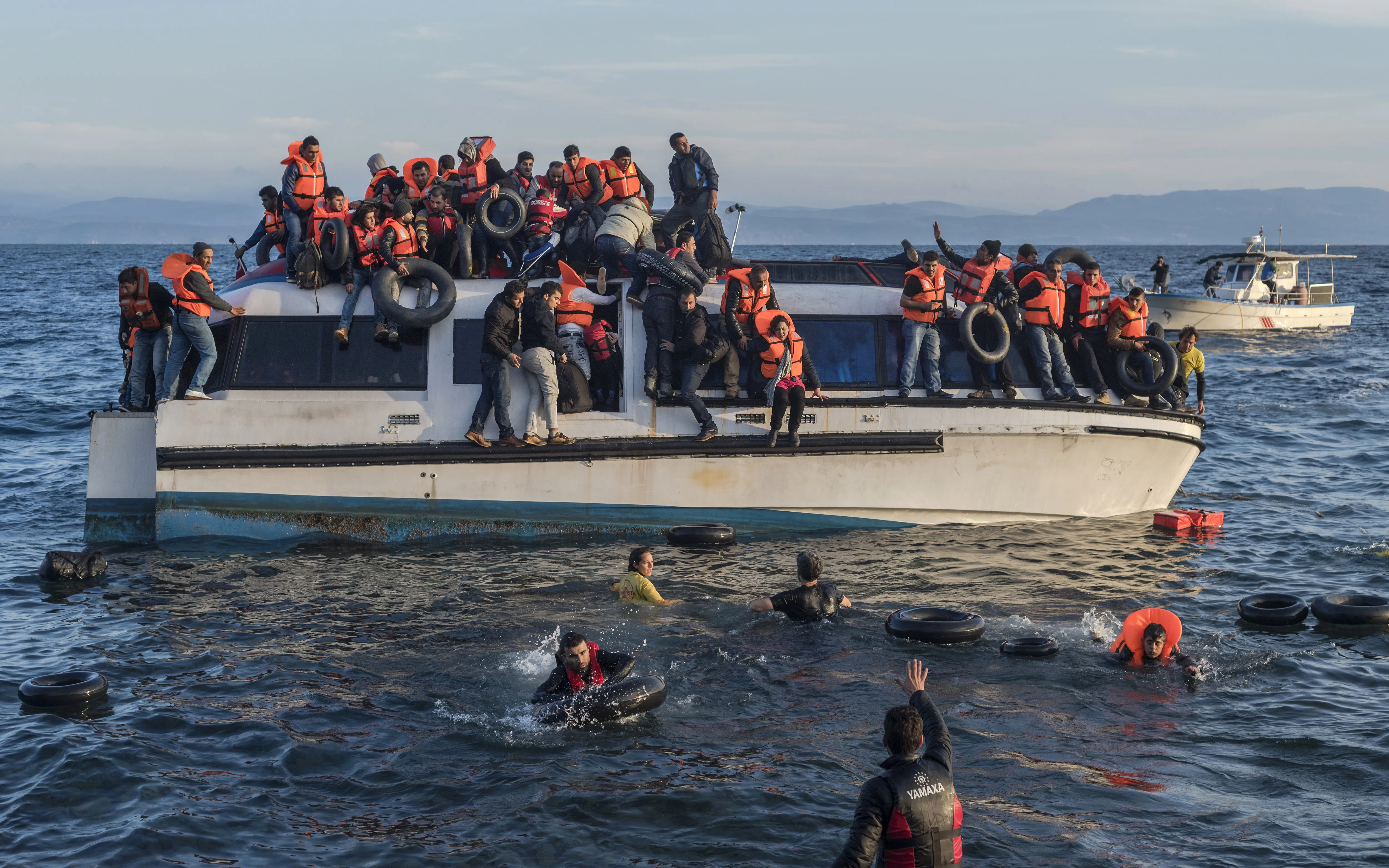
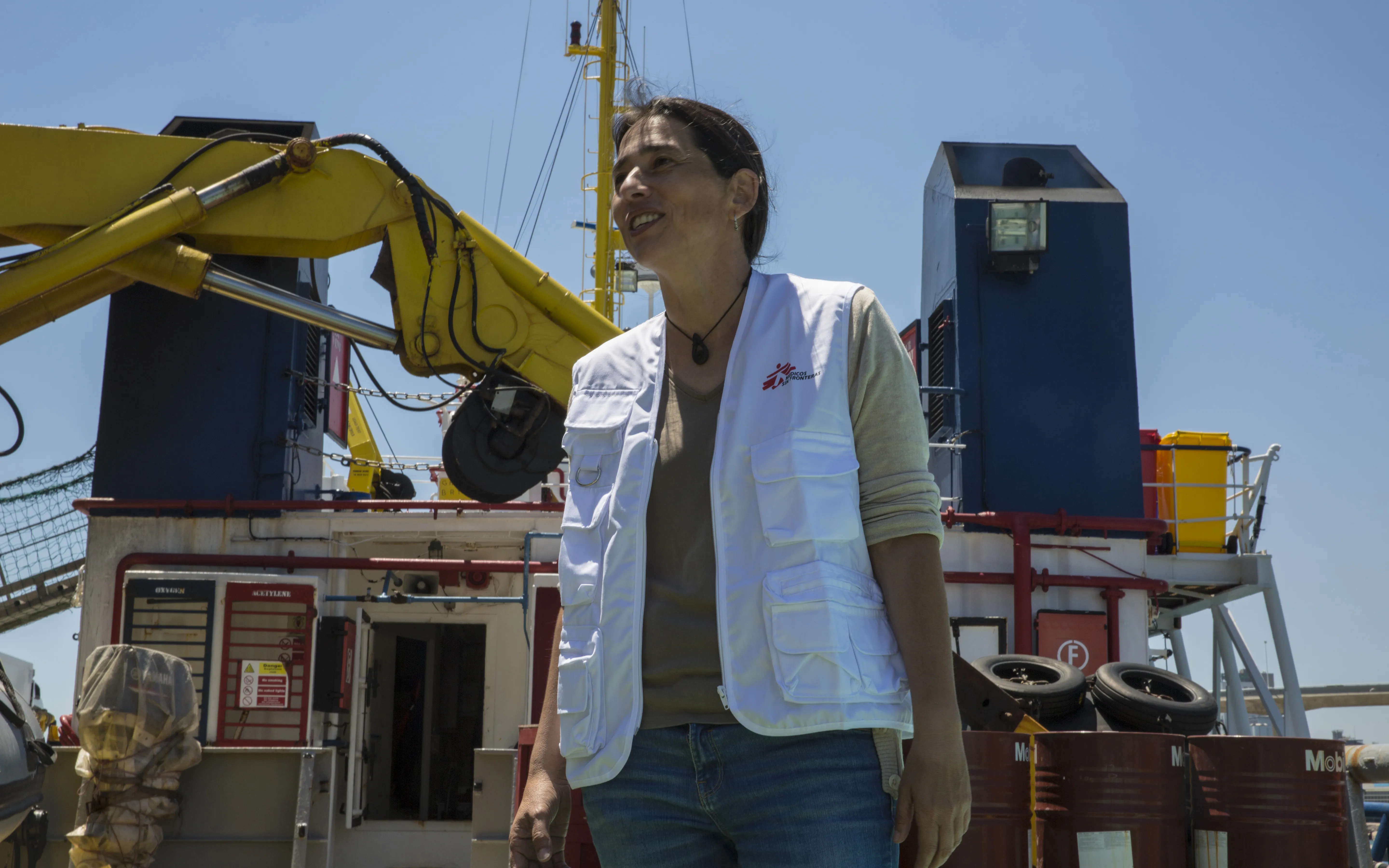



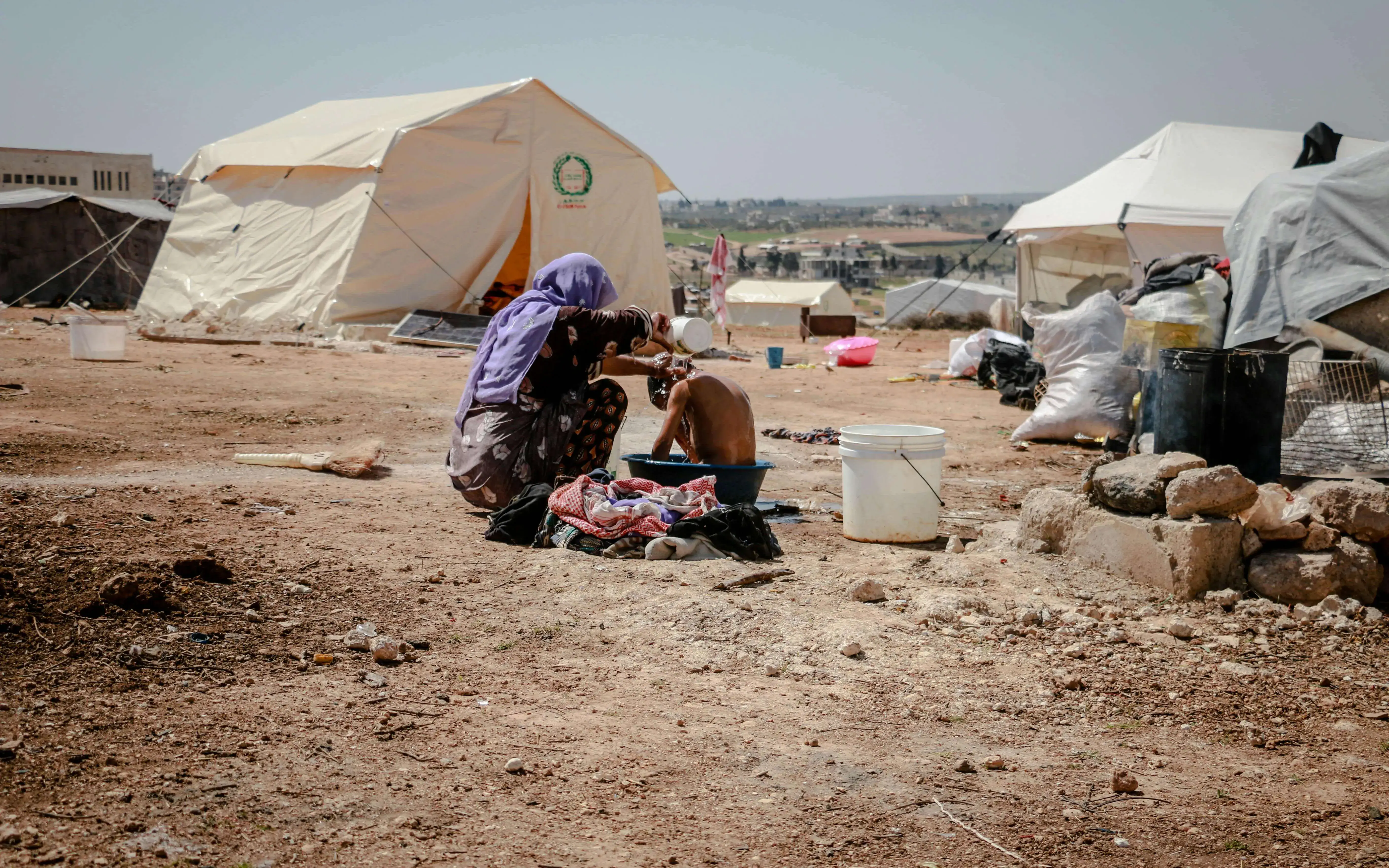
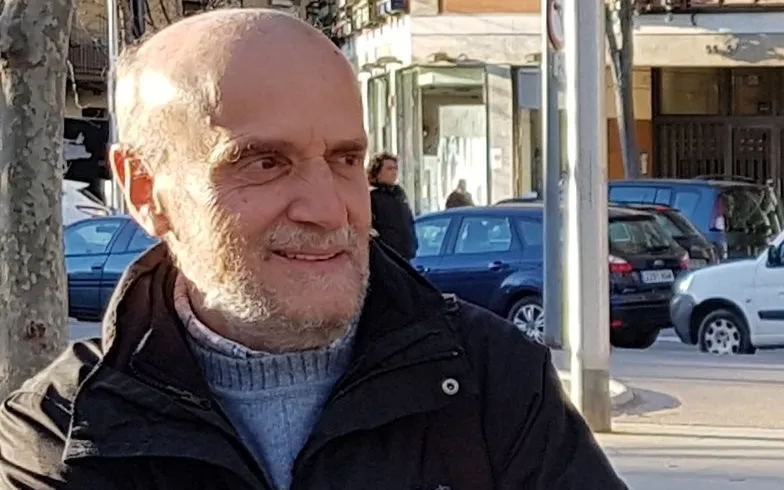

Add new comment